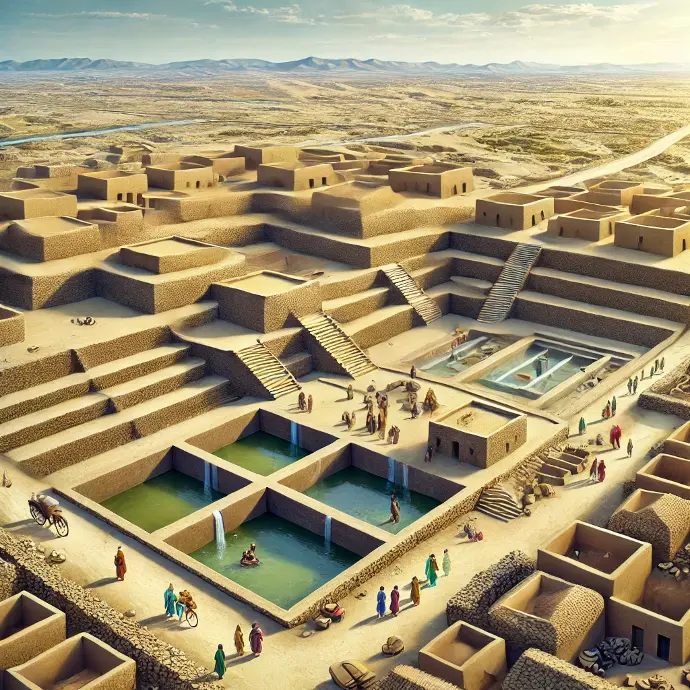History
History is the study of past events, societies, and civilizations, focusing on how they have shaped the present and influenced human development. It examines records, artifacts, and narratives to understand cultures, politics, economies, and significant milestones over time. By analyzing the successes and failures of the past, history provides valuable insights into human behavior and helps guide future decisions.

Nalanda University, founded in the 5th century CE in India, was one of the world's most renowned centers of learning. It housed over 10,000 students and 2,000 teachers. The university offered advanced studies in subjects like philosophy, astronomy, and medicine. Nalanda thrived for centuries until it was destroyed in the 12th century by Bakhtiyar Khilji’s army.

India is the birthplace of the decimal system and the concept of zero.
The Indian mathematician Aryabhata (476 CE) was one of the first to use the concept of zero as a number, and later, Brahmagupta (7th century CE) defined zero and its mathematical operations in his book Brahmasphutasiddhanta. This revolutionary idea was later transmitted to the Arab world and then to Europe, forming the foundation of modern mathematics.
Without India's contribution to mathematics, modern science, engineering, and technology would not have advanced as they have today! 🔢✨
The ancient city of Dholavira, part of the Indus Valley Civilization (IVC), had one of the world's earliest water conservation systems! 🌊🏺
Located in present-day Gujarat, Dholavira (c. 3000–1500 BCE) had an advanced system of reservoirs, step wells, and underground drains to manage water in the arid Rann of Kutch. This shows the incredible engineering skills of the Harappan people, making it one of the most sophisticated cities of its time.
